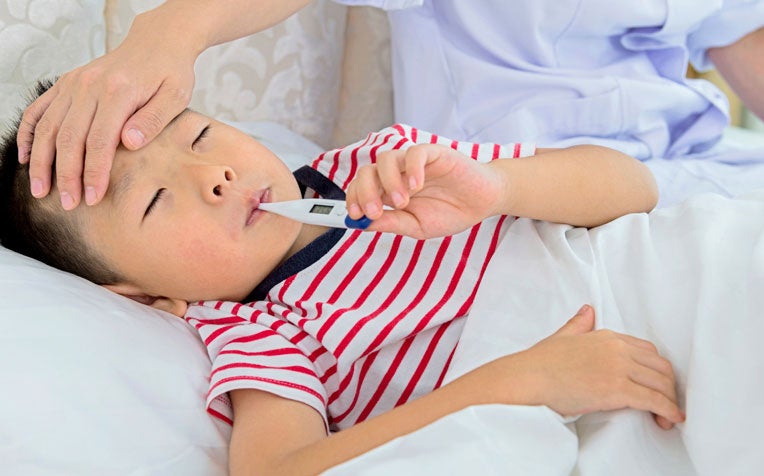
Severe dengue requires early detection and proper medical care.
Severe dengue can occur in adults and children and is potentially life-threatening.
Dengue fever, an Aedes mosquito-borne viral disease, is widespread in Singapore, but its more lethal forms, dengue haemorrhagic fever (DHF) and dengue shock syndrome (DSS), referred to as severe dengue, are much less common.
Severe dengue can occur in both adults and children and is life-threatening. Children are especially at risk. Early detection and proper medical care lower fatality rates below 1 per cent, according to the World Health Organization (WHO).
Severe dengue initially presents with the common symptoms of dengue fever such as fever, intense headache, aches and pains, loss of appetite, nausea, vomiting, skin rashes and leukopenia (reduction in white blood cells). A positive tourniquet test is also a sign of dengue fever.
After several days, usually 3-7 days after the onset of symptoms, the patient may display the warning signs of severe dengue. These warning signs typically accompany a decrease in temperature (below 38 deg C) and include:
- Severe abdominal pain
- Rapid breathing
- Persistent vomiting
- Blood in vomit
- Fluid accumulation in the body
- Mucosal (gums and nose) bleeding
- Liver enlargement
- Rapid decrease in platelet count
- Lethargy, restlessness
“A patient with these warning signs of severe dengue requires urgent medical attention,” says Dr Maciej Piotr Chlebicki, Senior Consultant, Department of Infectious Diseases, Singapore General Hospital (SGH), a member of the SingHealth group.
What happens if the patient develops severe dengue?
If the patient develops severe dengue, there will be bleeding spots on the skin and other parts of the body and leakage of blood plasma. Severe dengue fever can damage the lungs, liver or heart. Blood pressure can drop to dangerous levels, causing shock and, in some cases, death.The symptoms of severe dengue include:
- Severe skin bleeding with spots of blood on the skin (petechiae) and large patches of blood under the skin (ecchymoses)
- Black stools
- Blood in urine (hematuria)
- Severe blood plasma leakage
- Respiratory distress
- Impairment of liver, heart and/or other organs
- Changes in mental state with impaired consciousness
Patients who develop warning signs (in particular lethargy and persistent vomiting) and those with a low platelet count and high hematocrit (elevated red blood cell count) are at very high risk of developing very severe dengue, organ failure or even death, says Dr Chlebicki.
Why does a patient get severe dengue?
Elderly patients with multiple comorbidities (medical conditions) are more likely to develop severe dengue. Severe dengue may also occur when a person who has developed immunity to one strain of the virus becomes infected with another strain.
There are four different strains of the dengue virus – DEN 1, 2, 3, 4. In 2013, in Singapore, over 50 per cent of dengue fever cases were due to the DEN-1 virus strain. However, since there are four different strains of the dengue virus, a person can potentially get dengue fever more than once.
In 2016, DEN-2 rather than DEN-1 is a predominant serotype.
Treatment for severe dengue
There is no known cure for severe dengue. A person suffering from this form of dengue fever may need to be treated in an intensive care unit (ICU). Treatment will focus on the symptoms and includes the following:
- Blood and platelet transfusion
- Intravenous fluids for rehydration
- Oxygen therapy if oxygen levels are low
“With prompt treatment and care, a patient can recover even from severe dengue. However, if treatment is delayed and the patient develops shock or multi-organ failure, the fatality rate rises,” says Dr Chlebicki.

Ref: P16
Contributed by

















